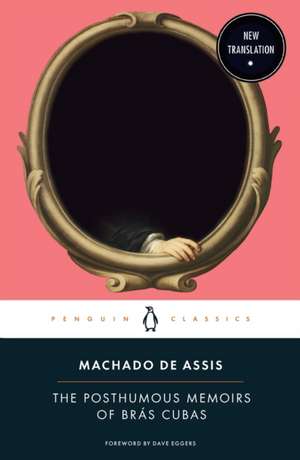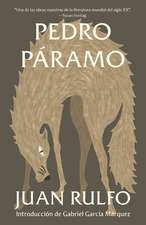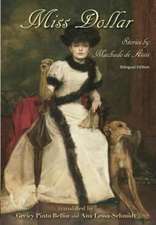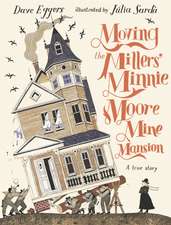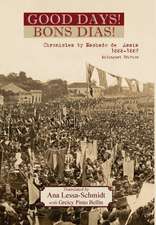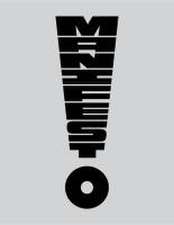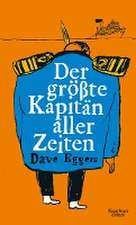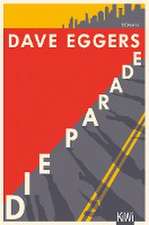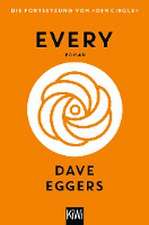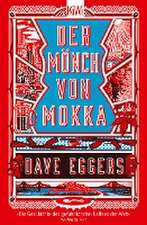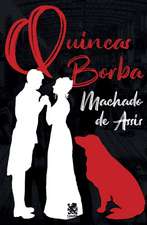The Posthumous Memoirs of Brás Cubas
Autor Machado De Assis Cuvânt înainte de David Eggers Traducere de Flora Thomson-DeVeauxen Limba Engleză Paperback – 25 aug 2021
Machado de Assis is not only Brazil's most celebrated writer but also a writer of world stature. In his masterpiece, the 1881 novelThe Posthumous Memoirs of Brás Cubas(also translated asEpitaph of a Small Winner), the ghost of a decadent and disagreeable aristocrat decides to write his memoir. He dedicates it to the worms gnawing at his corpse and tells of his failed romances and half-hearted political ambitions, serves up hare-brained philosophies and complains with gusto from the depths of his grave.
Wildly imaginative, wickedly witty and ahead of its time, the novel has been compared to works by Cervantes, Sterne, Joyce, Nabokov, Borges and Calvino, and has influenced generations of writers around the world.
Preț: 94.62 lei
Nou
Puncte Express: 142
Preț estimativ în valută:
18.11€ • 19.04$ • 14.96£
18.11€ • 19.04$ • 14.96£
Carte disponibilă
Livrare economică 27 martie-10 aprilie
Livrare express 12-18 martie pentru 21.18 lei
Preluare comenzi: 021 569.72.76
Specificații
ISBN-13: 9780143135036
ISBN-10: 0143135031
Pagini: 368
Dimensiuni: 129 x 198 x 15 mm
Greutate: 0.27 kg
Editura: Penguin Books
Colecția Penguin Classics
Locul publicării:London, United Kingdom
ISBN-10: 0143135031
Pagini: 368
Dimensiuni: 129 x 198 x 15 mm
Greutate: 0.27 kg
Editura: Penguin Books
Colecția Penguin Classics
Locul publicării:London, United Kingdom
Notă biografică
Joaquim
Maria
Machado
de
Assis(1839-1908),
the
mixed-race
grandson
of
freed
slaves,
was
born
in
Rio
de
Janeiro.
Largely
self-taught,
he
wrote
many
novels,
stories,
plays,
and
poems,
eventually
becoming
the
first
President
of
the
Brazilian
Academy
of
Letters
and
gaining
recognition
as
Brazil's
greatest
writer.
Flora Thomson-DeVeauxis a translator, writer, and researcher who studied Spanish and Portuguese at Princeton University and earned a PhD in Portuguese and Brazilian studies from Brown University. She lives in Rio de Janeiro.
Dave Eggersis the bestselling author of more than ten books, includingA Hologram for the King,a finalist for the National Book Award;What Is the What,a finalist for the National Book Critics Circle Award; andA Heartbreaking Work of Staggering Genius,a finalist for the Pulitzer Prize.
Flora Thomson-DeVeauxis a translator, writer, and researcher who studied Spanish and Portuguese at Princeton University and earned a PhD in Portuguese and Brazilian studies from Brown University. She lives in Rio de Janeiro.
Dave Eggersis the bestselling author of more than ten books, includingA Hologram for the King,a finalist for the National Book Award;What Is the What,a finalist for the National Book Critics Circle Award; andA Heartbreaking Work of Staggering Genius,a finalist for the Pulitzer Prize.
Recenzii
A
glittering
masterwork
and
an
unmitigated
joy
to
read
.
.
.
It
is
wholly
original
and
unlike
anything
other
than
the
many
books
that
came
after
it
and
seem
to
have
knowingly
or
not
borrowed
from
it.
.
.
.
This
translation
is
a
glorious
gift
to
the
world,
because
it
sparkles,
because
it
sings,
because
it's
very
funny
and
manages
to
capture
Machado's
inimitable
tone,
at
once
mordant
and
wistful,
self-lacerating
and
romantic
A writer a hundred years ahead of his time . . . If Borges is the writer who made García Márquez possible, then it is no exaggeration to say that Machado de Assis is the writer who made Borges possible
One of those thrillingly original, radically skeptical books that will always impress readers with the force of private discovery
Is it possible that the most modern, most startlingly avant-garde novel to appear this year was originally published in 1881? . . . Machado's book represents the moment when the novel learned to dance. . . . Flora Thomson-DeVeaux's edition is a gift to scholars . . . [Brás Cubas is] superb company
A writer a hundred years ahead of his time . . . If Borges is the writer who made García Márquez possible, then it is no exaggeration to say that Machado de Assis is the writer who made Borges possible
One of those thrillingly original, radically skeptical books that will always impress readers with the force of private discovery
Is it possible that the most modern, most startlingly avant-garde novel to appear this year was originally published in 1881? . . . Machado's book represents the moment when the novel learned to dance. . . . Flora Thomson-DeVeaux's edition is a gift to scholars . . . [Brás Cubas is] superb company
